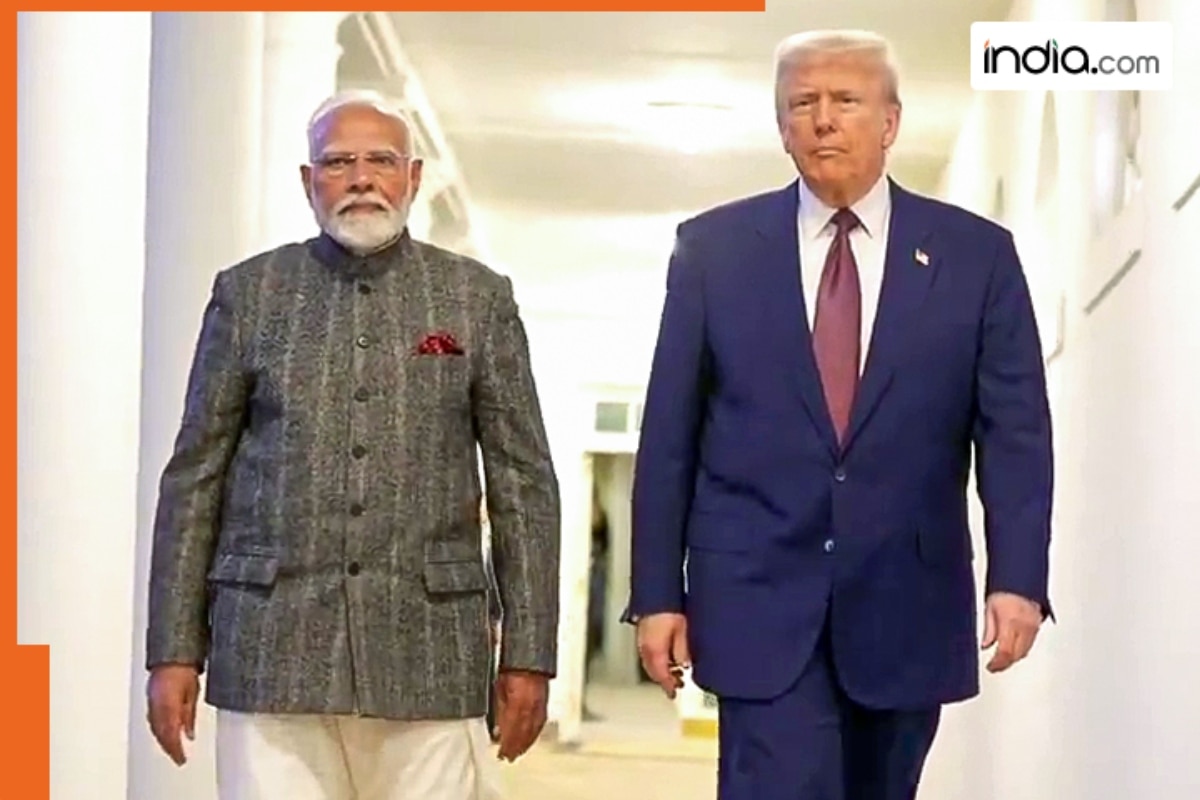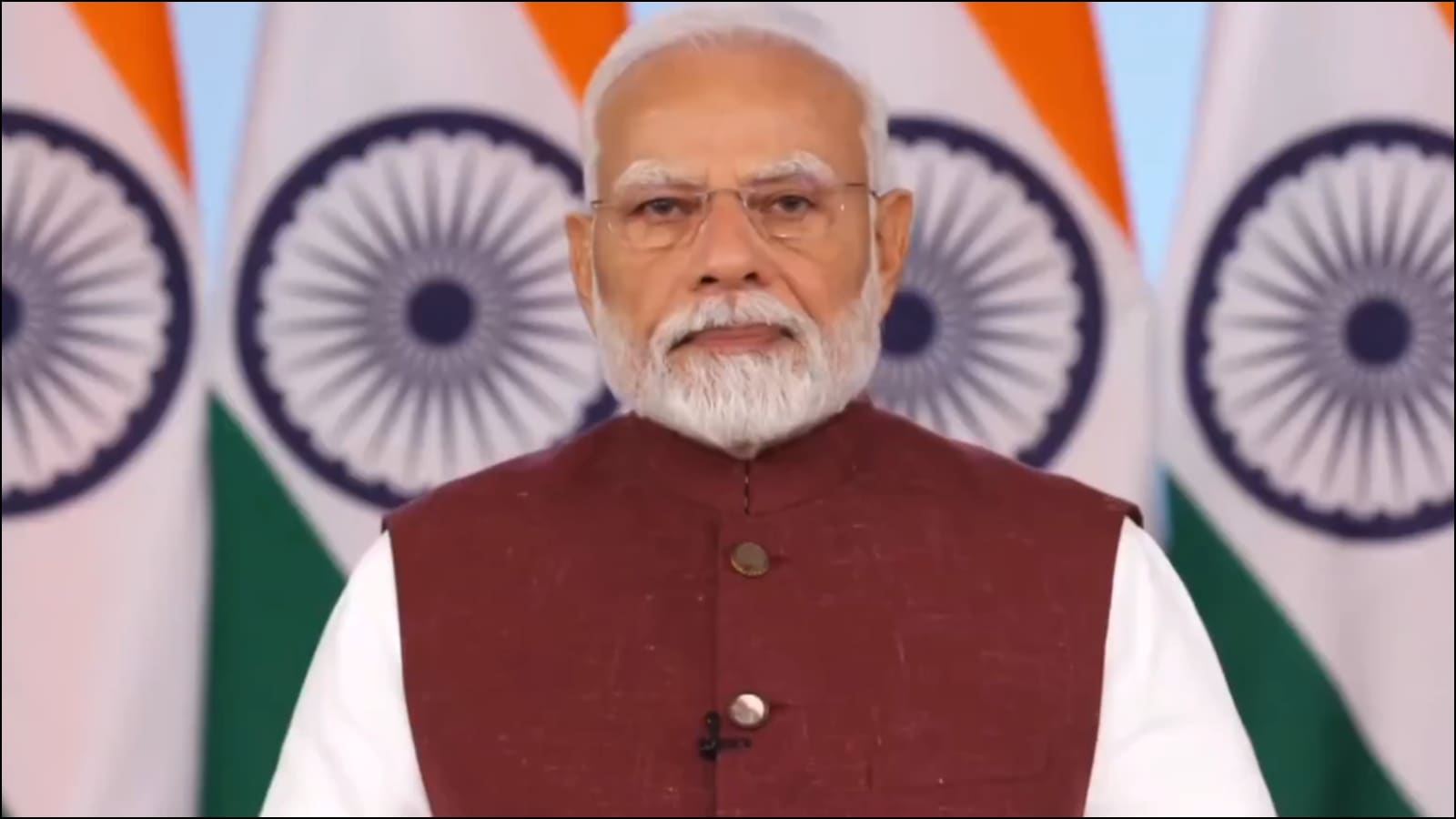Mumbai, Jan 18: External Affairs Minister S. Jaishankar spoke on India’s foreign policy and its relationship with neighbouring countries, highlighting the complexities and challenges faced, particularly in relation to Pakistan, Sri Lanka, Myanmar, and Afghanistan. His remarks came during the 19th Nani A Palkhivala Memorial Lecture on Saturday.
Jaishankar emphasized India’s approach to fostering stronger ties within its neighbourhood, stating, “India’s challenge has been to rebuild a neighbourhood in the aftermath of the partition.” He outlined India’s efforts in strengthening its relationships through a non-reciprocal approach, offering funding and support for energy, infrastructure, and trade connectivity, along with increasing exchanges and contact with its neighbours.
He provided examples of India’s support in times of crisis, specifically referencing Sri Lanka, which received a USD 4 billion assistance package from India in 2023 amid an economic crisis when other nations offered little support. Jaishankar also acknowledged the political complexities in Bangladesh and underscored that closer cooperation would help navigate such challenges.
However, Jaishankar noted that Pakistan remains an exception to India’s regional approach due to its continued support for cross-border terrorism, which he described as a “cancer” that is “consuming its own body politic.”
On India’s other neighbouring nations, Myanmar and Afghanistan, Jaishankar highlighted the deep historical people-to-people ties with both countries, while recognizing that the stakes for neighbouring nations are often different from those of distant countries.
In his address, the External Affairs Minister also discussed the evolving global landscape, focusing on India’s role in global diplomacy amidst challenges like the “weaponisation of market instruments and financial institutions.” Jaishankar emphasized India’s strategy to navigate these challenges, stressing the importance of internal growth, political stability, inclusive reforms, and modernization.
He advocated for strategic autonomy and highlighted the need for India to stay ahead in the development of emerging technologies. Jaishankar asserted, “India may be non-west, but its strategic interests ensure it is not anti-west.”
His comments underline India’s broader diplomatic vision, as it continues to build relationships based on mutual cooperation while managing regional challenges.





